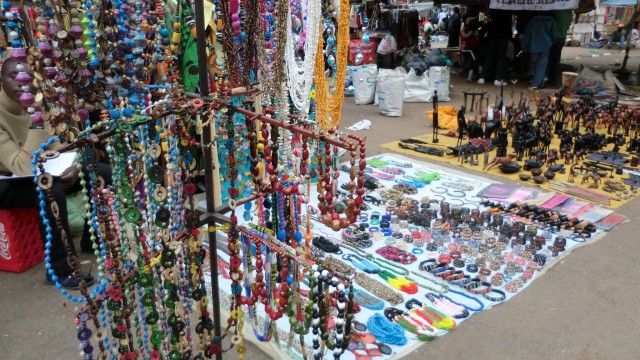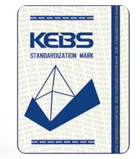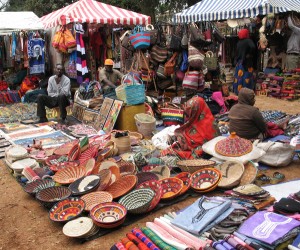Whether it’s to buy souvenirs, shampoo, batteries, or some misplaced article of clothing, most visitors to Africa will find themselves in need of a little retail therapy sooner or later. But before coughing up your dollars, Rand or shillings, you must take into account the quality of the products you are buying, whether you are paying a fair price, and what payment method is best and safest.
The shopping experience in Africa bears many similarities to the scene in many countries across the world, with the same precautions to be taken, and a few unique circumstances to be found only in Africa. Here are some tips on shopping in Africa to ensure you get what you want and need in the safest, most efficient way possible.
Authentic vs. Counterfeit Products
When it comes to shopping while on vacation, especially in “third-world” countries, making sure you get quality items is key. It’s the difference between buying a painkiller that soothes your migraine, and ending up in the ER because you had a reaction to an unauthorized chemical in a counterfeit pill.
You must do your due diligence to make sure you don’t get scammed. In most cases, substandard products are easy to spot: poor packaging, misspelled labels, odd coloration, unusual smells on products such as skin care items or foodstuffs will be the first indicator that something is wrong. Faulty production will also be clear in reduced functionality of moving parts of products such as deodorant sticks, lipstick and so forth.
However, highly professional forgeries do exist, which can makes it hard to tell genuine products from the less ethically made versions, in some cases. In such instances, most governments have implemented systems to protect consumers by helping them identify products and brands they can trust.
In Kenya, for example, the Kenya Bureau of Standards (KEBS) works to inspect goods released into the market and places a seal on products deemed to be fit for human use or consumption. This seal, usually in the form of an easily visible sticker on the product packaging, goes a long way toward helping determine what is safe for use and what to avoid.
Where to Buy and Pricing
Also important in ensuring the quality of your products is the location of purchase. Africa is home to major retail chains that can be trusted to deliver genuine products and carry internationally known brands, which are often a safer bet when shopping abroad.
Smaller retailers similarly exist in the less urban regions of the continent and are a better choice over the numerous kiosks that dot the African landscape, moreso in the less developed rural areas. Shopper discretion is the best gauge of quality outside of traditional retail settings, such as shopping from street vendors of food, batteries, children’s toys and more.
Pricing of purchases in Africa is representative of her dichotomous nature: the modern standard of set prices exists alongside the more traditional method of haggling for goods.
In more formal settings such as supermarkets, chemists, and most clothing stores, prices are as indicated on price tags and not open to discussion. Casual settings, such as artisans markets, like the famous Maasai market in Nairobi, or secondhand clothing areas, traders expect shoppers to bargain and quote prices much higher than the actual value of goods, knowing haggling will ensue. The actual price you pay should be less than half what the vendor originally quoted.
Also, never buy anything when you are with a guide or tour group. Often times local tour guides collude with particular vendors, and get a commission on everything you buy. This is not necessarily bad or illegal, as guides have to make a living like the rest of us, but chances are you’re being steered toward stores with overpriced and uninspired merchandise.
Payment methods
Payment methods also range from traditional cash payments, to credit or debit card purchases and include an option not as common outside Africa: mobile money.
If you’re shopping at a reputable chain boutique or attraction and credit cards are accepted, it is most likely safe to use. However, at smaller merchants you may not be able to pay with plastic, and even if you are, it may not be advisable, since credit card fraud is unfortunately all-to-common in parts of Africa. You especially do not want to pay with credit if the merchant tries to take your card into another room out of your sight to process the transaction.
This is why it is wise to bring a fair amount of cash when you know you are going to be making purchases. Furthermore, the average mom-and-pop souvenir kiosk or street-food vendor is a cash-only operation.
If you’re comfortable with smartphone technology, and are not comfortable bringing wads of cash when you go out, you can try mobile money. In Kenya, major mobile service providers offer the option of virtual wallets (such as M-Pesa) that allow subscribers to load money on their individual accounts, linked to their SIM cards, and send, receive or make payments from these accounts without ever having to carry cash, a great advantage for areas with insecurity.




